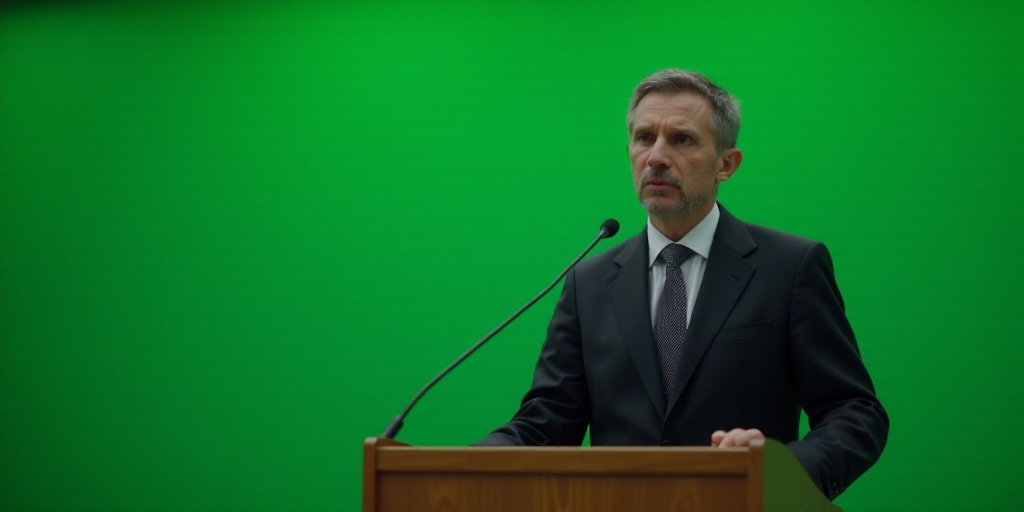Background on Benjamin Netanyahu and His Role
Benjamin Netanyahu, the current Prime Minister of Israel since 2009, has been a central figure in the Middle East political landscape. As a seasoned politician and former finance minister, Netanyahu has been known for his hardline stance on security issues, particularly regarding the Palestinian territories. His recent statements reflect his unwavering position on the Palestinian statehood question.
Netanyahu’s Stance on Palestinian Statehood
In a dramatic address on Friday, Netanyahu declared that accepting the establishment of a Palestinian state would be “national suicide” for Israel. He criticized the Palestinian Authority as “corrupt to its core.” This statement comes amidst ongoing tensions in Gaza, where Israeli forces have installed loudspeakers to broadcast his message directly to the captives held by Hamas.
Addressing Hostages Held by Hamas
Netanyahu directly addressed the hostages held by Hamas, vowing to bring them home as quickly as possible. He accused the international community of enabling “antisemitic lies” and allowing Hamas’s propaganda. His strong words follow the recent recognition of a Palestinian state by countries such as France, Canada, the United Kingdom, Australia, and Portugal.
International Reactions and Negotiations
Israel’s position has become somewhat isolated this week with the growing number of countries acknowledging a Palestinian state, albeit symbolically. At the United Nations, Netanyahu’s speech was met with applause from some delegates, while others left the chamber.
Taher al-Nunu’s Statement on Hamas
Taher al-Nunu, a high-ranking official in Hamas’s political committee, stated that the boycott of Netanyahu’s speech symbolizes Israel’s isolation and the consequences of its extermination war. He referred to Netanyahu’s actions as further isolating Israel.
“No More” and the Path Forward
Netanyahu specifically criticized European countries for accepting Hamas’s propaganda when pressuring Israel to cease fire and negotiate the release of captives in Gaza, whether alive or dead. He vehemently denied accusations of attacking civilians, stating they were false.
The Forum of Families of Hostages in Gaza
The Forum of Families of Hostages in Gaza, a prominent Israeli organization representing the loved ones of captives, expressed concern over the prolonged war’s impact on living hostages and the recovery of deceased captives. Currently, there are 48 hostages in Gaza, with 25 reported dead by the Israeli military.
“I Believe We Have an Agreement”
US President Donald Trump announced in Washington that he believes an agreement has been reached, which would allow for the release of hostages and end the conflict. Trump led negotiations this week during the annual United Nations meeting in New York, where he met with regional countries to ease tensions following Israel’s unprecedented airstrikes on Qatar, targeting Hamas leadership.
Trump’s 21-Point Plan
According to a diplomatic source familiar with the off-the-record meeting at the United Nations General Assembly, Trump presented a 21-point plan to Arab countries. This plan included a permanent ceasefire, the release of hostages, Israeli withdrawal from Gaza, and the establishment of a future Gaza government without Hamas.
Tony Blair’s Potential Role
Various British media outlets reported that former British Prime Minister Tony Blair could play a significant role in a future transitional authority established under the US peace plan.
Key Questions and Answers
- Who is Benjamin Netanyahu? Netanyahu is the Prime Minister of Israel, known for his firm stance on security issues.
- What is Netanyahu’s position on a Palestinian state? He believes establishing a Palestinian state would be “national suicide” for Israel, citing corruption within the Palestinian Authority.
- What is the current situation in Gaza? There are 48 hostages held by Hamas, with 25 reported dead. Israel continues airstrikes in Gaza.
- What agreement has been reached, according to Trump? Trump believes an agreement has been reached for the release of hostages and to end the conflict, including a permanent ceasefire, Israeli withdrawal from Gaza, and a future Gaza government without Hamas.






